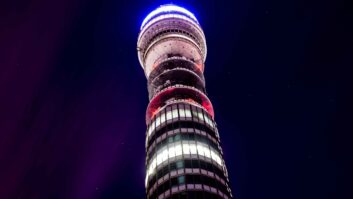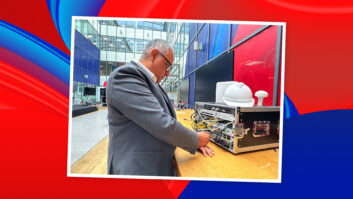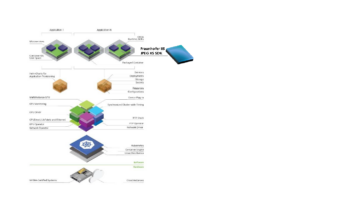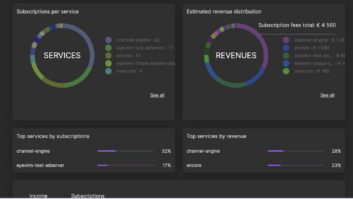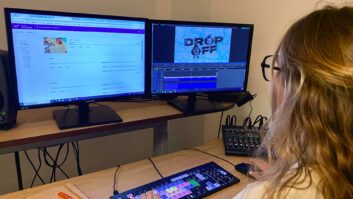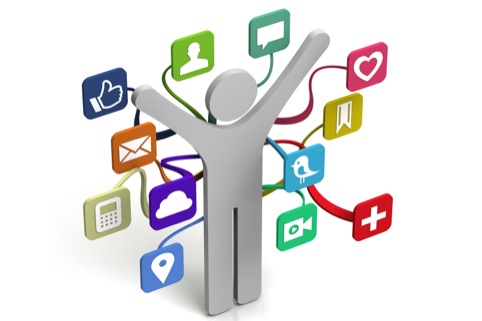
The last televised leaders’ debate ahead of the UK General Election was aired as part of BBC Question Time last night. The complaints from parties, and ever-changing proposals by broadcasters in the lead-up to the first debate in March may have helped give the events publicity and elevated their importance, but 2015 will more importantly be remembered as the year in which party ideals and public feeling were broadcast and shared via non-traditional methods. Short video clips, Twitter conversation, online polls, Instagram accounts – during this election more than any other the internet has provided a platform for sharing, criticising, ‘liking’, and shaming, and for attracting and dissuading voters as well as gauging public feeling.
Advertising by political parties on the TV and radio is banned in the UK, and Ofcom sets guidelines on the minimum requirements for short party election broadcasts, and sets rules to ensure due weight and impartiality is given in broadcaster coverage of the elections. However, with more people using a tablet, phone, or computer as a primary means of content consumption, and choosing the internet over linear broadcasting, the importance of televised party broadcasts is waning. In February, for example, the BBC reported that the Conservative Party was spending over £100,000 a month on Facebook. A quick look on the site at the pages of Labour, the Conservatives, the Liberal Democrats and UKIP reveal well-stocked video libraries, and the three main parties also have YouTube channels: Labour leads the pack here, with 731 featured videos, compared to the Conservatives’ 173 and the Lib Dems’ 565.
Twitter has also been used as a major outlet for drumming up support by the main parties, and a channel for broadcasting content. Again, Labour supporters seem to be the most engaged with social media, with the party’s page boasting 208,000 followers, compared with the Conservatives’ 154,000, UKIP’s 101,000, and the Lib Dems’ 93,800. During the Question Time debate last night, the Twitter hashtag #bbcqt was used more than 275,000 times.
Politicians are not only using their own social media outlets to garner support – Labour’s Ed Miliband took part in an interview with Russell Brand, which was broadcast on Brand’s YouTube channel. The Brand/Miliband short has been viewed 885,320 times, and received 16,049 ‘likes’ on the site. Perhaps more importantly it has also generated 7,226 comments so far, a sign that just as the issues raised in a traditional TV broadcast may have been discussed afterwards at the pub, newer forms of content sharing still generate, and provide a space for, discussion.
With less than a week to go before polling stations open, and no more TV airtime for debates, all the parties will no doubt be turning to social media sites to persuade those final undecided voters, and try and maintain faith in party followers. The election night itself will be a Twitter storm, with solutions employed by the broadcasters to read and analyse social media interactions to provide a country-wide commentary of proceedings like never before.
